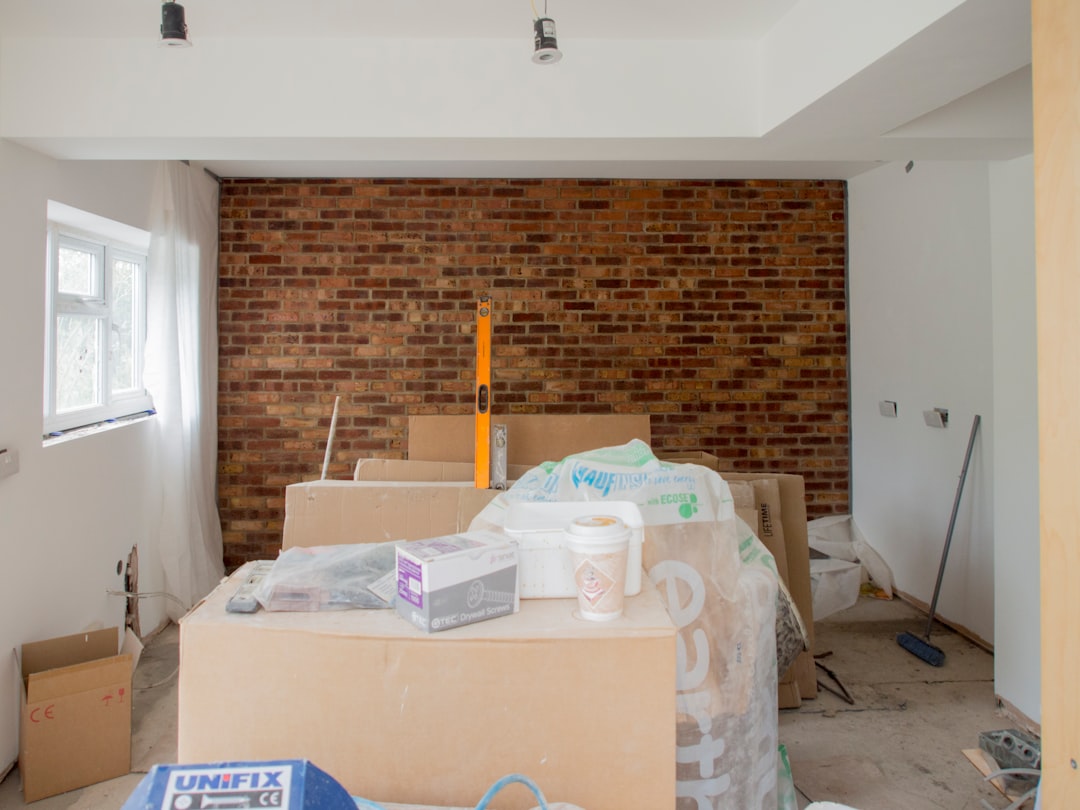
For construction professionals, understanding the cost to finish a garage is crucial. Current estimates for a basic finish range from $25–$40 per square foot per square foot, while mid-range finishes can cost $50–$70 per square foot per square foot. Premium finishes, including spray foam insulation and epoxy flooring, range from $70–$100 per square foot per square foot. These figures include materials, labor, permits, and cleanup.
Finishing a garage involves transforming it from a basic structure into a fully functional space. This typically includes:
Each project is unique, and construction professionals should consider client-specific requirements to provide accurate estimates.
1. Size and Ceiling Height: Larger garages require more materials, impacting costs.
2. Existing Rough-In Quality: Older structures may need updates to meet current codes.
3. Material Selections: High-end materials can increase costs but offer long-term benefits.
4. Labor Market Fluctuations: Local demand affects labor rates.
5. Permit Requirements: Vary by location and project scope.
• Basic Finish: $25–$40 per square foot per square foot
• Mid-Range Finish: $50–$70 per square foot per square foot
• Premium Finish: $70–$100 per square foot per square foot
These ranges cover materials, labor, permits, and cleanup. For tailored estimates, professionals can use AI tools to capture real-time data.
1. Voice Intake: Capture project details efficiently.
2. Real-Time Takeoff: Use digital blueprints for quick assessments.
3. Live Pricing Engine: Access updated supplier rates.
4. Instant Report: Generate detailed estimates for client review.
Professionals transformed a garage into a gym and storage area for $27,600, saving $3,200 by selecting mid-grade cabinetry. The project was completed on budget and ahead of schedule.
Do I need a permit? Most projects require permits, especially for electrical work.
How long will construction take? Typically 10–14 days, with potential extensions for premium upgrades.
Can I do some work myself? Yes, clients can handle tasks like painting to reduce costs.
For precise cost estimates, professionals can start a live session at CountBricks.com and receive detailed reports quickly.

Construction professionals often encounter hidden costs. Using AI tools can help identify these expenses early.
Real-time tracking helps manage budgets effectively, allowing for quick adjustments if costs change.
During a garage conversion, unexpected termite damage was addressed quickly with revised estimates, keeping the project on track.
For accurate estimates and proactive budget management, professionals can use AI tools to ensure project success. Visit CountBricks.com for more information.